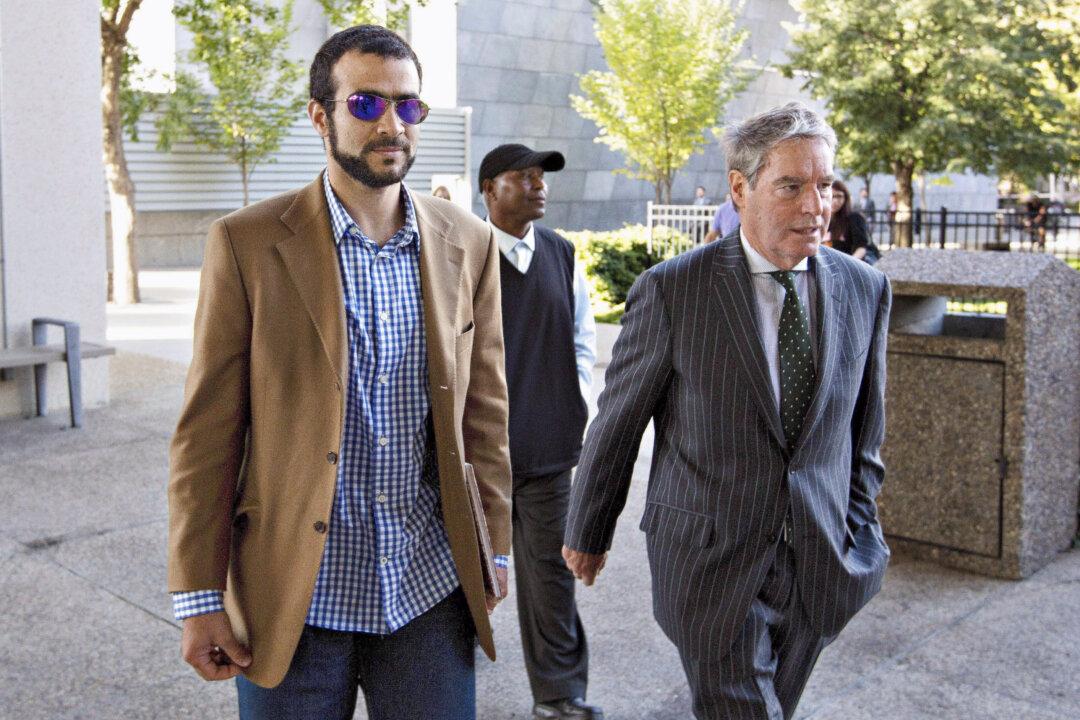The Supreme Court declined on May 20 to take up an appeal by a Canadian former Guantanamo Bay detainee who sought to set aside his convictions for the 2002 murder of a U.S. soldier in Afghanistan and for various crimes he committed when he was 15 years old.
Toronto-born Omar Ahmed Khadr, who is now 37, was appealing a May 2023 ruling by the U.S. Court of Appeals for the District of Columbia Circuit, which would not hear his case because he agreed to waive his right to appellate review when he entered into a plea bargain in 2010 before a U.S. military commission.





